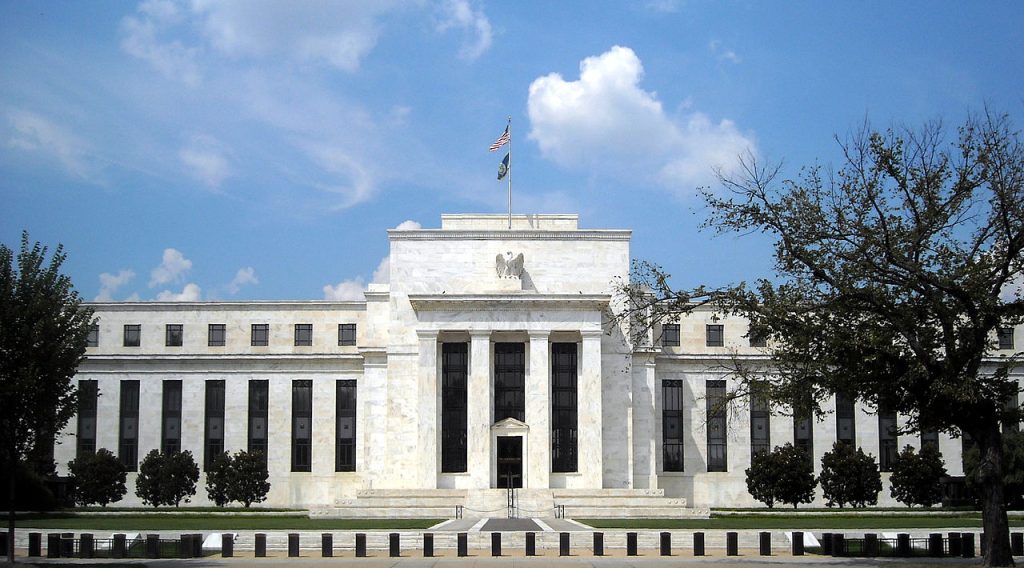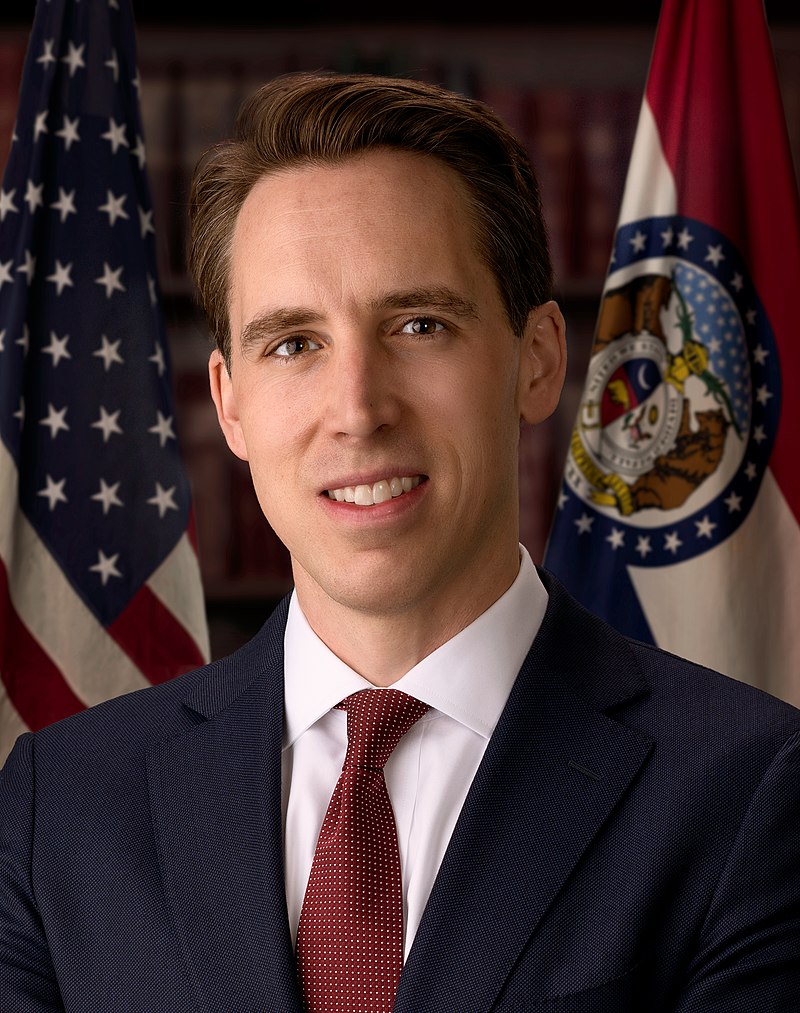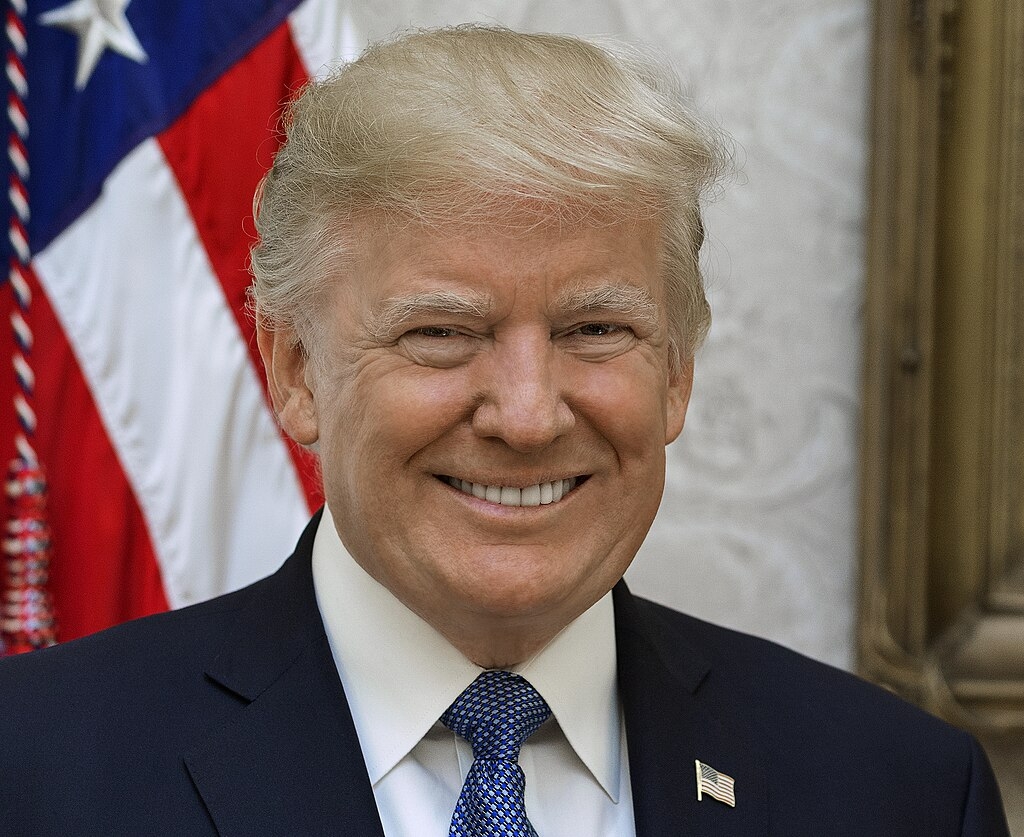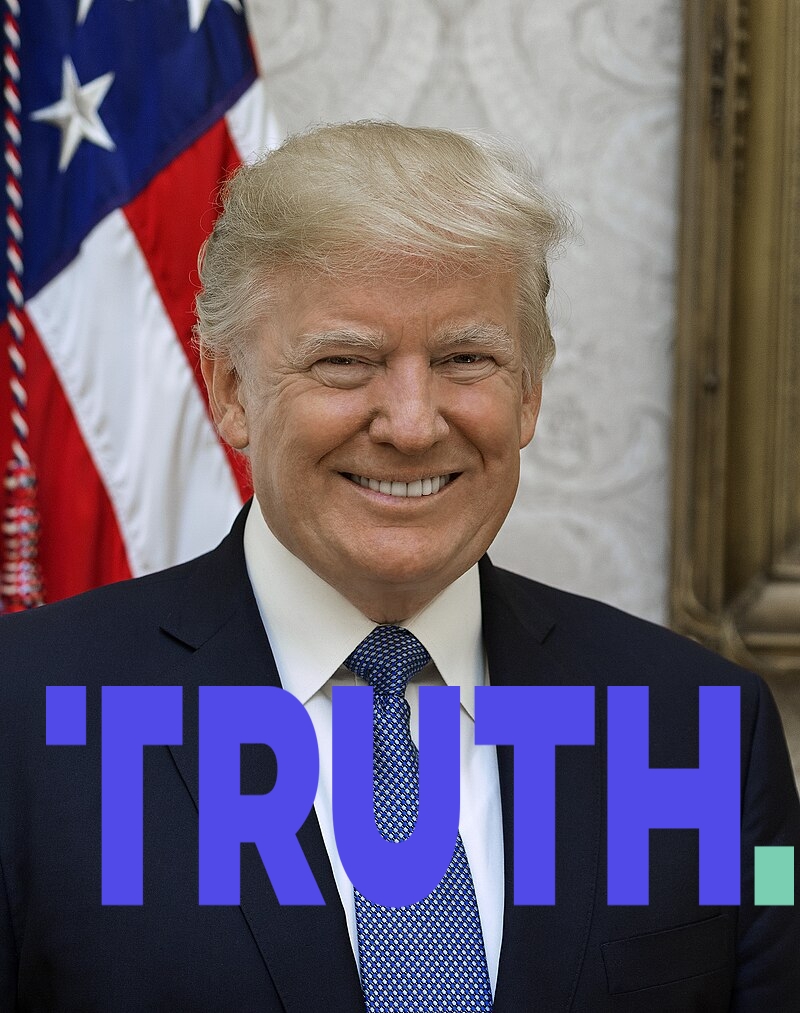In a surprising pivot, Donald Trump is now advocating for a credit card interest rate cap that goes beyond even the most progressive proposals from Bernie Sanders—despite not supporting Sanders’ plan during his presidency. At a campaign rally in New York, Trump announced his backing for a temporary cap on credit card interest rates at 10%, a dramatic move that outpaces Sanders’ previous 15% proposal.

“While working Americans catch up, we’re going to put a temporary cap on credit card interest rates,” Trump said, according to The Wall Street Journal on Thursday, September 19. “We can’t let them make 25 and 30 percent.”

The average credit card interest rate in May stood at 21.5%, according to the Federal Reserve, marking one of the highest levels in a decade. The last time credit card rates dipped below 10% was in 1994, a historical marker that Trump’s proposal seeks to recreate, albeit temporarily. Even Americans with the highest credit scores face median interest rates of 23% at large banks and 15% at small banks, as noted by the Consumer Financial Protection Bureau (CFPB).

Trump’s endorsement of the 10% cap contrasts starkly with his previous silence on Sanders’ efforts during his time in the White House. In 2019, Sanders introduced a proposal to limit credit card rates to 15%, arguing that consumers should not be gouged by interest rates when banks were borrowing from the Federal Reserve at less than 2.5%. Despite aligning with a populist economic message, Trump did not back Sanders’ plan at the time.

Now, with an even more aggressive proposal, Trump has positioned himself to the left of Sanders and Sen. Josh Hawley (R-Mo.), who proposed an 18% cap. Neither of these efforts gained significant momentum in Congress, but Trump’s backing could elevate the issue in the 2024 presidential race.

While consumer advocates may applaud Trump’s proposal, the financial industry is less enthusiastic. The American Bankers Association (ABA) warned that such a cap could limit access to credit for many Americans, pushing them toward riskier options like payday lenders or loan sharks.

“Arbitrary caps do not reduce demand for funds by consumers and businesses, forcing borrowers to seek less-regulated sources of loans, including the black market,” the ABA stated in a position paper.

Trump’s plan has ignited fresh debate over credit access and financial regulation. Though it signals a dramatic shift for the former president, it remains to be seen whether the proposal will gain traction or simply serve as a talking point in the 2024 campaign.

Trump’s willingness to go further than Sanders on this issue marks an unexpected turn, one that could have significant implications for both his political positioning and consumer financial policy—assuming he genuinely follows through. However, given his track record of being two-faced, skepticism remains about whether this proposal will materialize into real action or simply fade into campaign rhetoric. He had the opportunity to push for this while in office but failed to do so, raising the question: why should we believe him now?





